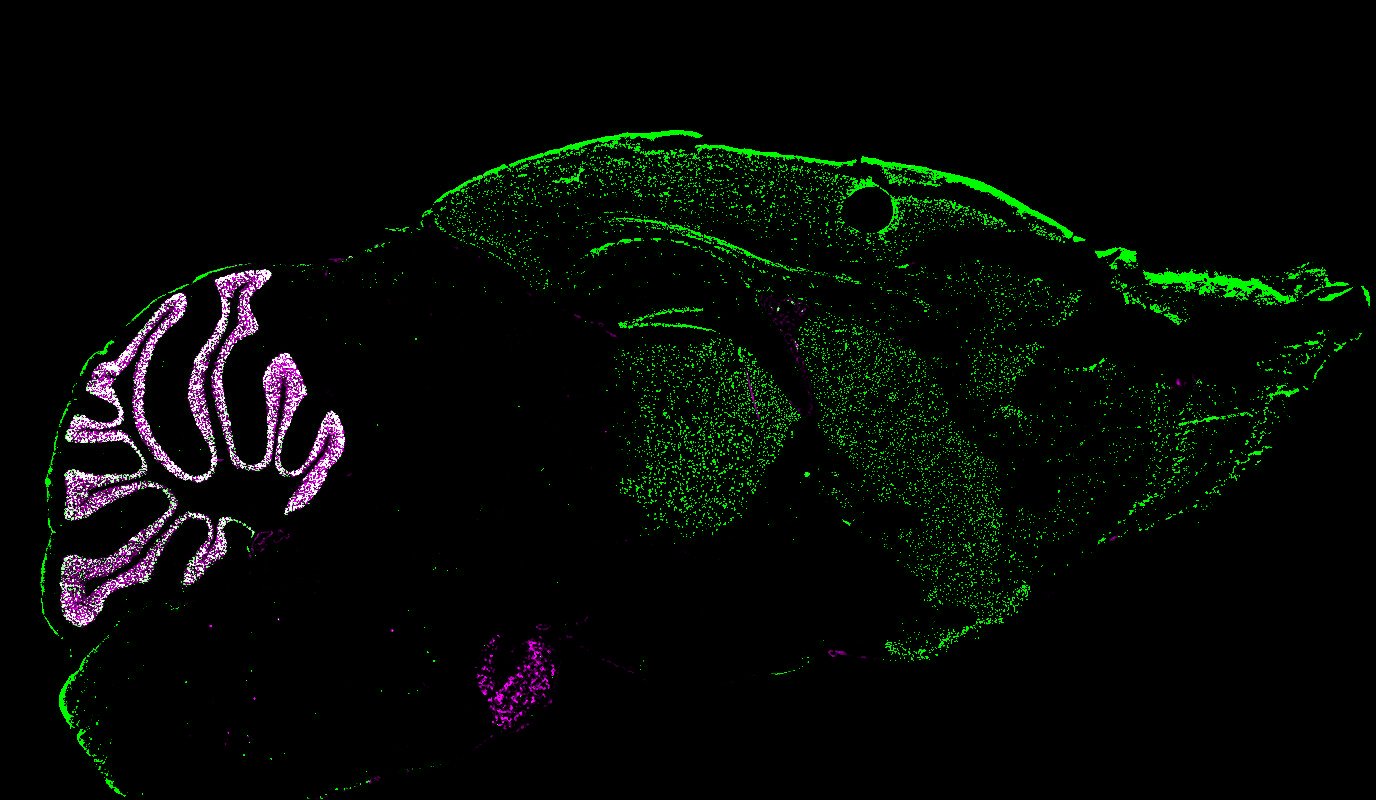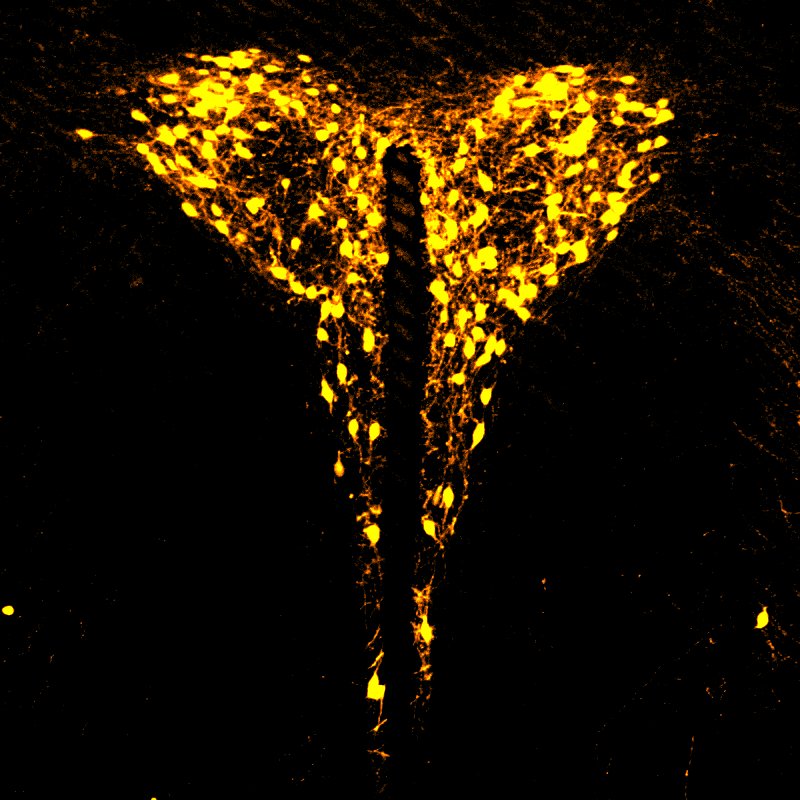RESEARCH
The Social Cerebellum

What are the circuits that allow the cerebellum to control emotion, cognition and adaptive learning? We combine the use of mouse genetics, virus-based circuit mapping, optogenetics, electrophysiology and behavioral testing to understand how the cerebellum and its inputs and outputs control social and affective behaviors.
Inhibition and Neuromodulation
The striking diversity in cellular composition, region-specific connectivity and neuromodulatory input suggests that the cerebellum is subdivided into functionally specialized regions. We aim to elucidate how inhibitory interneurons and context-dependent neuromodulators shape excitability and synaptic transmission in specialized regions to adapt cerebellar function to physiological challenges like stress and social interaction.

Neurodevelopmental Disorders
Cerebellar dysfunction is a hallmark of many neurodevelopmental and psychiatric disorders, including autism spectrum disorders (ASDs), attention deficit hyperactivity disorder (ADHD), schizophrenia, depression and anxiety. We examine the factors that promote and disrupt circuit maturation of the cerebellum in health and disease.